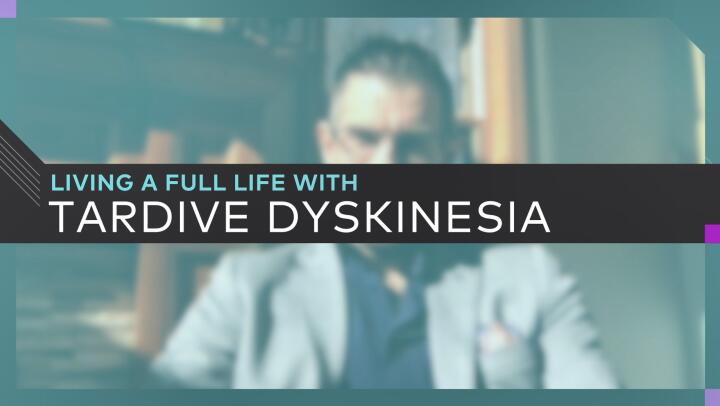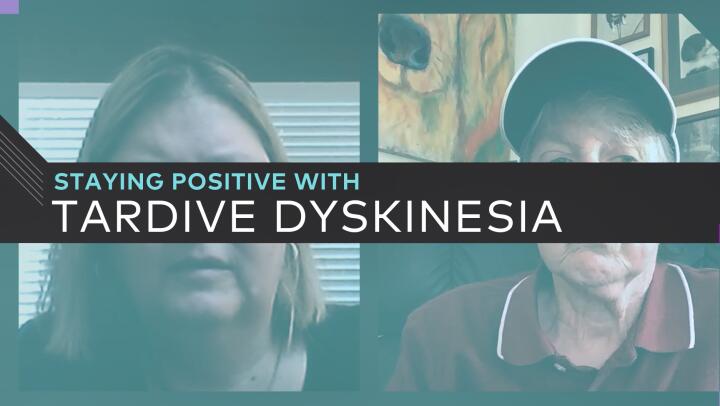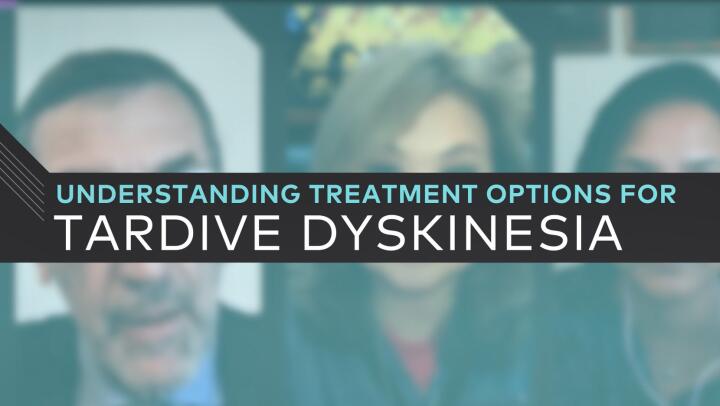Schizophrenia is a chronic illness that can be a serious form of disability, but there are new treatment options for schizophrenia that provide new hope for a better quality of life. Schizophrenia not only impacts the patient but also family and friends. In addition to medications, treatment for schizophrenia should include a holistic program that involves individual and family therapy, a healthy diet and nutrition plan, and structural behavioral techniques to encourage social involvement and improve cognitive functioning.
Medications
Treatment for schizophrenia no longer requires long-term hospitalization and chronic disability. There are many medications available today that allow patients to live independently and productively. Many of us are familiar with the older antipsychotics: haloperidol (Haldol), chlorpromazine (Thorazine), and clozapine (Clozaril). Although these are still reasonable treatment options for schizophrenia, they do carry side effects that cause many patients to discontinue their medications. The most intolerable side effects generally reported are feeling tired, weight gain, and slowed motor movements (Parkinsonism). In addition, these medications may run the risk of worsening negative symptoms (apathy, social isolation, decreased physical activity).
Newer antipsychotics are referred to as atypical antipsychotics. They are helpful in addressing positive symptoms (hallucinations, agitation, and delusions) while also acting minimally to reduce negative symptoms. They are also less likely to make negative symptoms of schizophrenia worse. In addition, these medications are less likely to cause feelings of tiredness and slowed movements. These meds are unique, as they can reduce the negative impact on executive functioning that schizophrenia causes. With the introduction of these newer generation antipsychotics, patients have the potential to experience marked reduction in their symptoms while leading active, productive lives. Risperidone (Risperdal), olanzapine (Zyprexa), quetiapine (Seroquel), ziprasodone (Geodon), and aripiprazole (Abilify) are examples of newer generation atypical antipsychotics. Research has led to modifications of these medications that make them even less likely to cause side effects like weight gain or sedation. And some of these medications work to address the hard-to-treat negative symptoms of schizophrenia. Examples include asenapine (Saphris), paliperidone (Invega), bexpiprazole (Rexulti), and lurasidone (Latuda). Newly modified atypical agents carry the added benefit of reducing the risk of metabolic side effects like weight gain, diabetes, hypertension, and high cholesterol.
An ongoing advancement in treating schizophrenia is the development of long-acting injectable medications (LAIs). LAIs make compliance less of a concern, as many medications are offered in biweekly or monthly formulations. This means that the patient no longer has to worry about taking the medication daily by mouth. This is important, because even a few days off of medication can cause symptoms to return. If remembering to take your medications is an issue for you, this treatment is a good fit. Most atypicals, such as paliperidone (Invega), risperidone (Risperdal), olanzapine (Zyprexa), and aripiprazole (Abilify), and some older generations, like haloperidol (Haldol) and fluphenazine (Prolixin), come in this form. Many patients report fewer side effects with these injections than with oral medications. Scientists believe they may be a more effective form, as the medicine has a more controlled, steady release into the body.
Therapy
Something many patients and families are unaware of is the importance of individual and family therapy. Being diagnosed with schizophrenia is challenging for patients and loved ones. Individual therapy works with patients to help them learn more about the disease and how to manage it. It also helps the patient develop healthy coping skills to deal with the ups and downs of the disease. Family therapy helps the individual and everyone involved to develop strategies for providing support to one another, understand what lifestyle changes are necessary, and develop a better understanding of the disease. Support groups run by organizations like the National Alliance for Mental Illness (NAMI) and The Schizophrenia & Psychosis Action Alliance are great resources for individual and family support.
The challenges in treatment for schizophrenia are many. The key to treating your symptoms, staying in remission, and leading a healthy lifestyle is simple, however: stay in treatment and don’t give up! Find a provider you trust who can work alongside you to find the best medication that works for you. Don’t suffer alone. Engage trusted family members and friends who can support you along the way. With good medicine and a good support team, you can be successful at managing schizophrenia.












